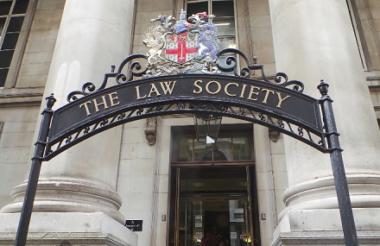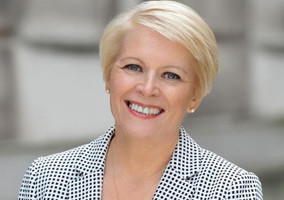Many in the charity sector feel that trusteeship is too burdensome, and chief executives hold too much power while the board does not have enough, delegates at a legal event heard yesterday.
At law firm Bates Wells Braithwaite’s annual tea party, which was held at the Law Society in London yesterday, a panel discussing the new Charity Governance Code was asked from the floor whether the charity governance model is fit for purpose when it does not give enough power to trustees and places too many burdens on them.
Rosamund McCarthy, a partner at BWB and chair of the panel, said that many people who would make good trustees were put off by the burden of responsibility and regulation, while many others were enthusiastic but ill-informed.
“If we have this many burdens on trustees it’s realistic to ask if people can comply with them,” she said.
Sarah Atkinson, head of policy and communications at the Charity Commission, said she heard that “chief executives hold all the power and that trusteeship is burdensome”, but she said that it was not clear that this was the case. She said the Commission had conducted a large piece of research to find out more information about this.
“We don’t know enough about the 700,000 trustees on our books,” she said. “We only see through a lens. I see some larger charities where the board has all the power, for example. What we want to do is test this.”
Baroness Jill Pitkeathley, who recently chaired a House of Lords committee looking into the charity sector, said she sometimes saw this at larger national organisations, but the picture was very different at a local level.
“Sometimes when I’m doing national work the chief executives are riding roughshod, but when I engage at a local level there are lots of brilliant, young, driven, passionate trustees,” she said. “I think we’re a long way from the gloomy picture we’re presented with.”
Related Articles












